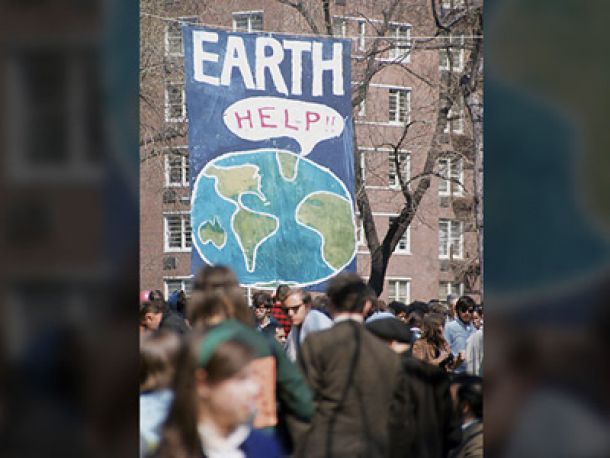News
Earth Day at 40: Environmental movement has undergone significant change
By: cnn.comPosted On: 04/22/2010 12:24 P

Tweet
William Moomaw received an unusual request on the morning of April 22, 1970.







